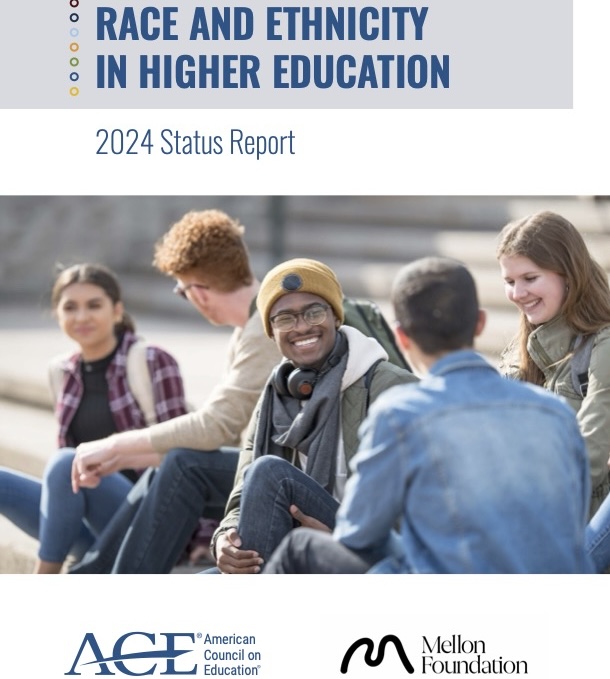 The American Council on Education has released a new report analyzing the differences in educational attainment and access for different racial groups in the United States from 2002 to 2022.
The American Council on Education has released a new report analyzing the differences in educational attainment and access for different racial groups in the United States from 2002 to 2022.
Over the past 20 years, Black Americans have made significant progress in educational attainment, but racial disparities remain in certain areas of postsecondary education. Out of all Black American adults in 2002, 20.8 percent had less than a high school diploma. In 2022, this decreased significantly to only 9.5 percent. From 2002 to 2022, the share of Black Americans with a bachelor’s degree but no higher degree increased from 11.9 percent to 17.3 percent. Master’s degree and doctorate attainments for Black Americans also increased over this time period, from 4.0 percent to 8.1 percent and from 0.5 percent to 1.5 percent, respectively. In terms of all postsecondary educational degrees, Black Americans were significantly more likely to earn a short-term certificate, and significantly less likely to earn a bachelor’s degree compared to White Americans.
The report found Black Americans were the most likely subgroup to take out a loan to pay for postsecondary educational costs, with 49.7 percent undergoing at least some form of borrowing, compared to 38.6 percent of White students, 29.9 percent of Asian students, and 28.1 percent of Hispanic students. Notably, Black Americans were found to be significantly more likely to attend a for-profit institution rather than a public or nonprofit school.
Racial disparities were also found in the fields of study among different groups in 2021. Black students were half as likely as Asian students to earn a degree in STEM. This disparity grew in terms of doctoral degree attainments, with 48 percent of Asian doctoral recipients and only 10 percent of Black doctoral recipients earning a degree in STEM.
Furthermore, the report uncovered significant racial disparities among full-time faculty members. White Americans represented 69.4 percent of all full-time faculty members, whereas African Americans only represented 6.1 percent. The greatest disparities in full-time faculty members were found in senior level positions, while junior level positions were significantly more diverse.
The full report and an executive summary can be accessed here.












